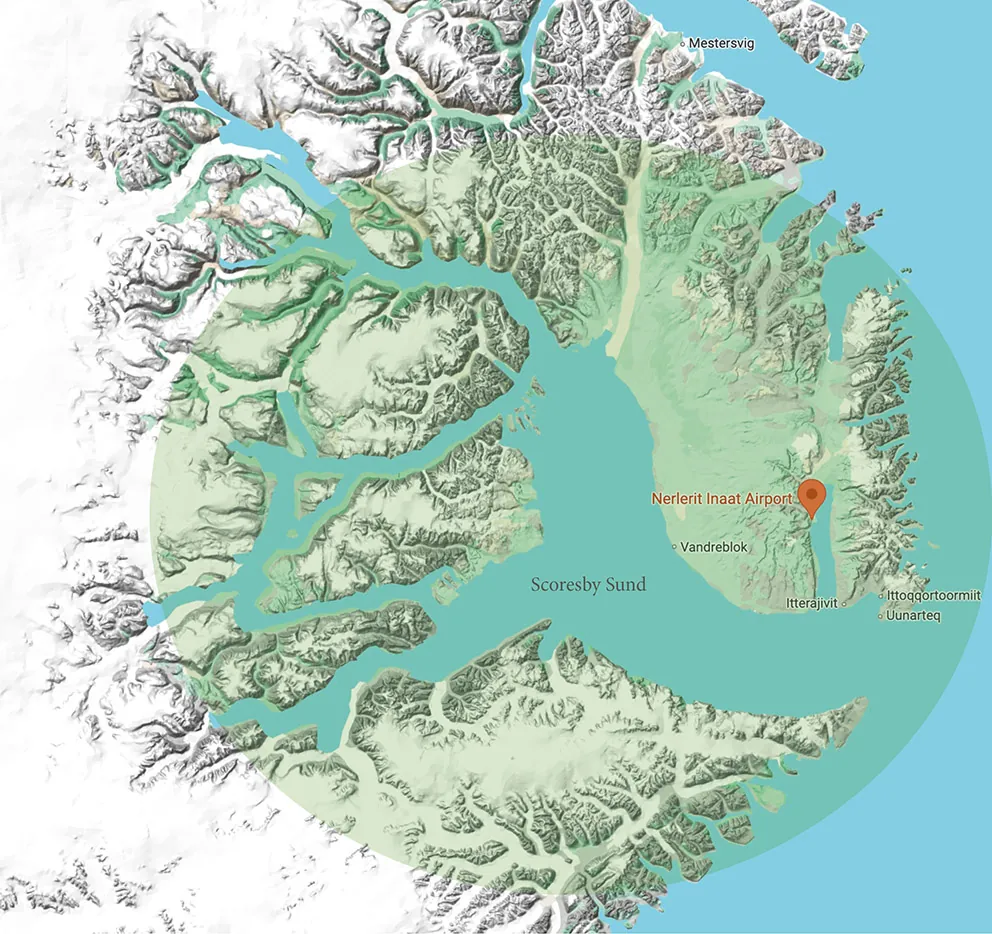East Greenland photo expedition
East Greenland photo adventure
Nature in the Arctic constantly changes.
The light, the ice, the wildlife.
This photo tour to the fjords of eastern Greenland will show you that this is the case. In Scoresby Sound you will cruise amongst the largest icebergs in the northern hemisphere, witness iconic Arctic animals at close range, and see the Aurora Borealis dance over the towering mountains.
Arctic Wildlife Tours have the pleasure to invite you to this unique opportunity; to explore one of the most remote regions of the largest island on the planet, together with a small group of likeminded photographers.
In Scoresby Sound animals such as humpback whales, polar bears and seals all come to feed on the rich waters. On the surrounding tundra unique species such as snowshoe hares, arctic foxes, reindeer and the mighty musk oxen graze in peace and quite.
Greenlands most famous features, however, is the geology and the light. In the autumn, as the sun sits lower in the sky, the golden light is bountiful and the pastel colours like nowhere else in the world. When the sun sets, if the weather is clear, this is also in a perfect latitude positioning for seeing the northern lights.
These things combined makes this trip perfectly suited for avid nature photographers and general naturalists!
The main subjects on this Northeast Greenland photo cruise will be grand landscapes, icebergs and Arctic wildlife. We will encounter extreme arctic landscapes and wildlife in one of the most remote places in the world. Scoresby Sound on Greenland’s east coast is the largest fjord system in the world, and you will see the best parts of it during this photography expedition. This extensive fjord has glaciers flowing straight from the Greenlandic ice cap, and is home to some of the most spectacular landscapes in this world.
If you have questions about our wildlife expeditions please do not hesitate to send an email on contact@arcticwildlifetours.com
Details
Dates: 17. Sep 2026 - 24. Sep 2026
Duration: 7 nights/8 days
Available: 8 SPOTS
Price
Twin cabins, private facilities, 8 available
EUR 11 950 pr. pax.
NORTH EAST GREENLAND
This journey is a rare opportunity to travel these remote areas on a fantastic vessel, with only 12 passengers.
Most people that get to see these regions have to resort to travel with hundreds of co-passengers, losing much of the experience this way.
This is a trip for those who are looking to have an intimate experience with some of the most powerful landscapes on this planet, during a season that can grant light conditions beyond imagination.
Pastel light over the icebergs in the morning, a cooll autumn breeze for our hike on the tundra, a golden sunset, followed by a night under the aurora borealis.
When we navigate around the icebergs we have chances to see a large variety of seabirds and marine mammals. Humpbacks, gyrfalcons and polar bears to name a few highlights.
Greenland has 9 notable mammals to see, spread out over the vast landmass. When we step ashore in Scoresby Sound we regularly encounter species such as musk oxen, Greenland arctic hare, arctic fox and caribou.
In addition to the mammals there are 61 species of bird breeding on Greenland. Snowy owls, peregrine falcons, gyrfalcon and white tailed eagles make up the predators, and a long list of waders and seabirds follow. Keep your eyes in the sky!
Itinerary
Northern parts of Greenland is situated at about 80°N, so we schedule this expedition in accordance with prevailing weather and ice conditions. A possible itinerary for an East Greenland North expedition is described below together with a map below illustrating a possible sailing route.
Constable Point Airport will be your first meeting with East Greenland. This is one of the most remote airfields on this planet, and you wont find any luxury shops here.
This expedition is planned carefully to match the airplane arrivals to Constable Point, and Arctic Wildlife Tours will be happy to assist you in booking your flights to east Greenland.
Both the airfield and Scoresby Sound fjord system are situated on 70*N, well within the Arctic Circle, and the best way to reach the area is with airplane from Reykjavik, Iceland.
Arctic Wildlife Tours will plan and execute the expedition in accordance with the current weather and sea ice conditions, and thus a full itinerary is impossible to make. Following is an example of how our route and itinerary could be.
DAY 1 - Fly inn from Reykjavik on Iceland to Constable Point on East Greenland
DAY 1-8 - Exploring the northeastern coast of Greenland and the worlds biggest fjord system, Scoresby Sund.
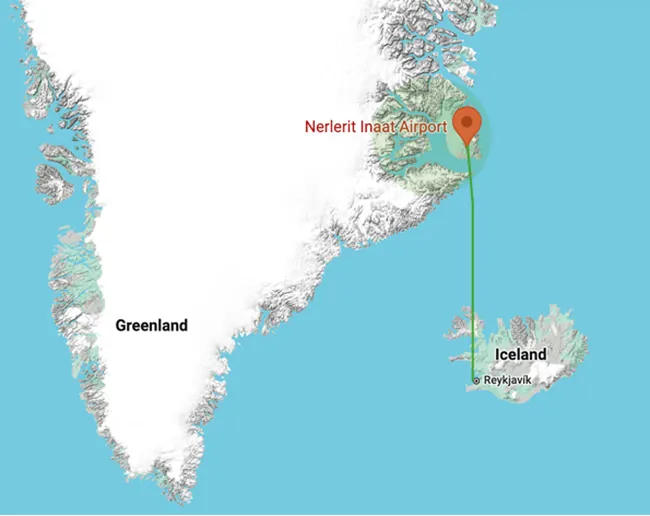
Practical information
Clothing
Windproof and water resistant is key here. Thin layers of goretex, fleece and wool will give you a versatile clothing system that you can adapt to the current conditions.
We will equip each passenger with a float-coat overall. This is great to wear in the zodiacs and for longer periods out on deck but we do not recommend to wear them during a landing, since they get much to warm when you move around for a bit.
To see the musk oxen, the foxes and the arctic hares we will spend a little bit more time ashore than we do on our Svalbard trips. Make sure you bring comfortable and water resistant hiking boots, or a pair of gum-boots.
Photography
As difficult as always. What do I bring, what do I omit? This trip is very rich in diversity. A 600mm lens for wildlife is always a solid choice. In addition you will want to have the right amount of compression for the icebergs and the mountain backdrops, so a 70-200 and maybe a 24-105 is definitely a good idea.
For close landscapes and large subjects a wide angle lens is always great, and if we spot the northern lights it’s a must have! A fast glass 14mm can never go wrong!
We also recommend that you bring a tripod along on this trip, should Auroras be of your interest.
Blog posts
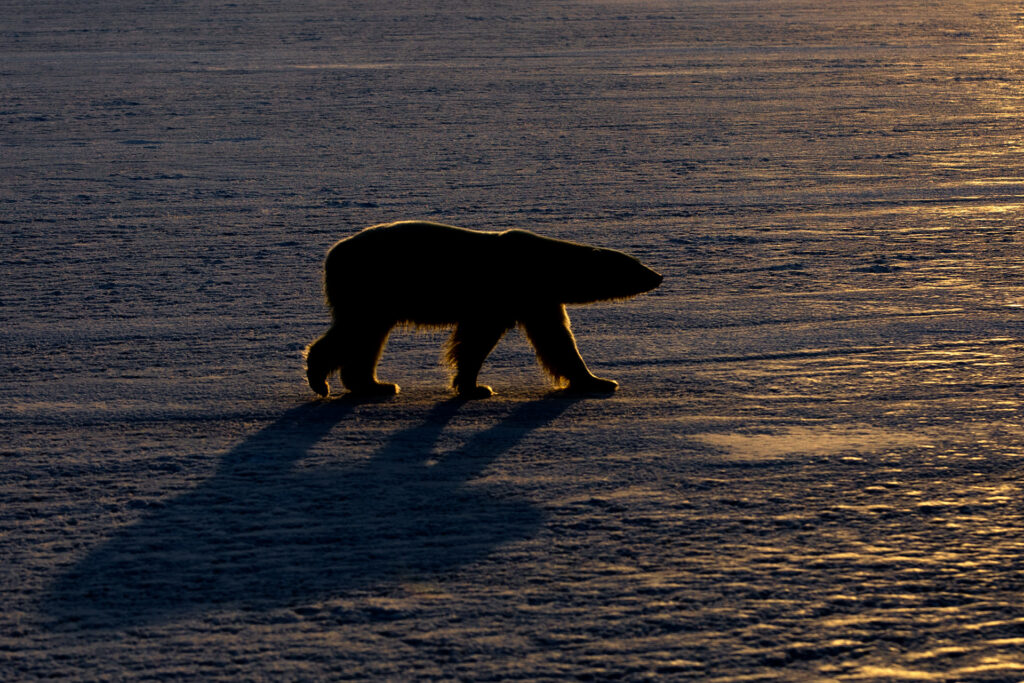
Photographic opportunities on Svalbard
Photographic opportunities on Svalbard To have some great photographic opportunities on Svalbard we want to enhance 13 important things to think about. This information is…
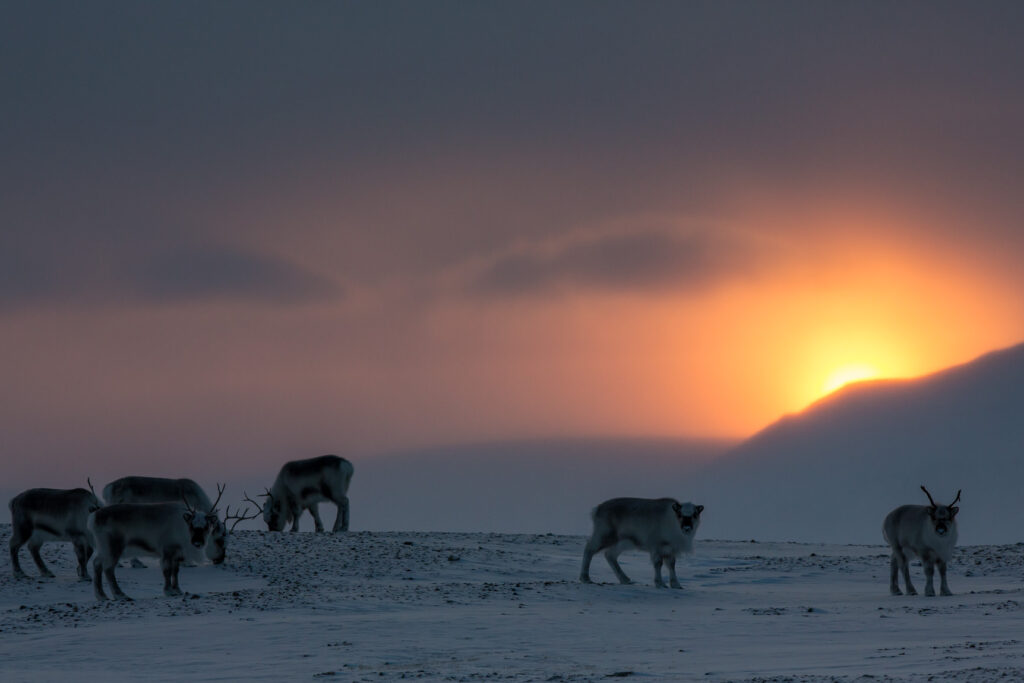
Seasons and Light on Svalbard
Seasons and Light on Svalbard is something we often are asked about from our travelers. During the 6 months our expeditions range over, from April...
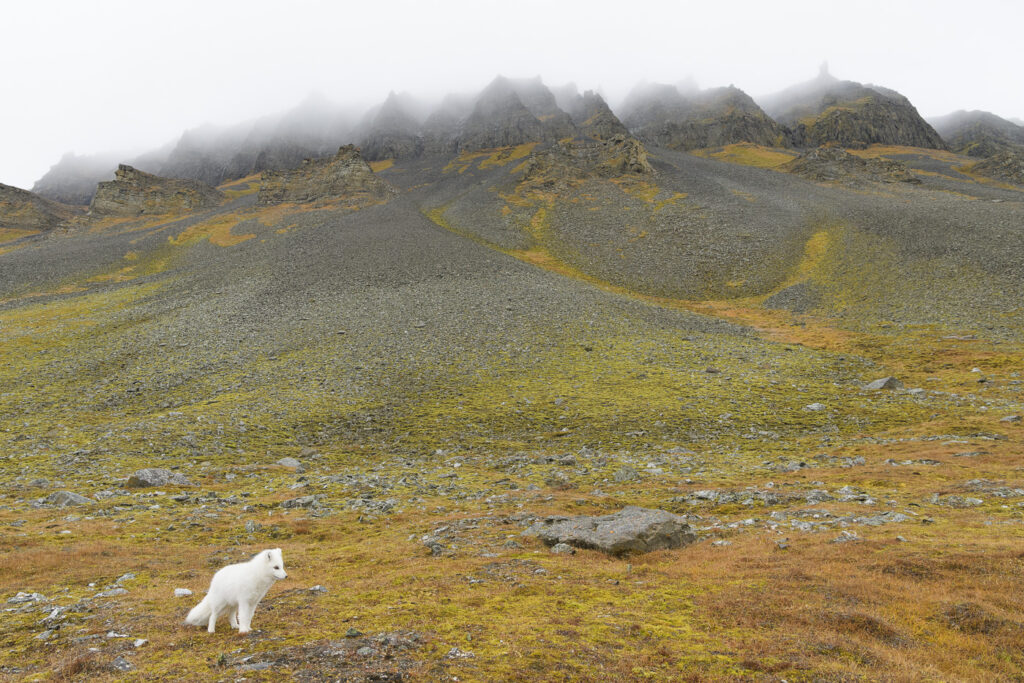
National Geographic photographer Stefano Unterthiner
Stefano Unterthiner join us regularly for doing workshops we now have named Masterclass onboard. Stefano recently gave out his book about climate changes on Svalbard….
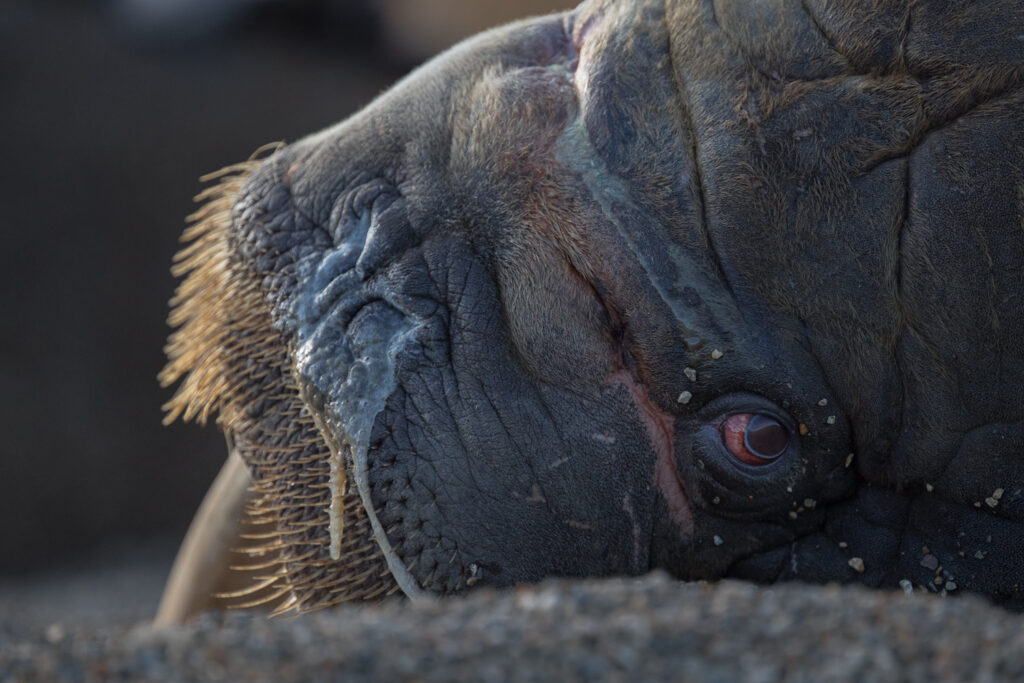
The return of the Walrus on Svalbard
The Walrus on Svalbard is one of the species we see more and more in Svalbard. The populations are growing after being almost exterminated back…
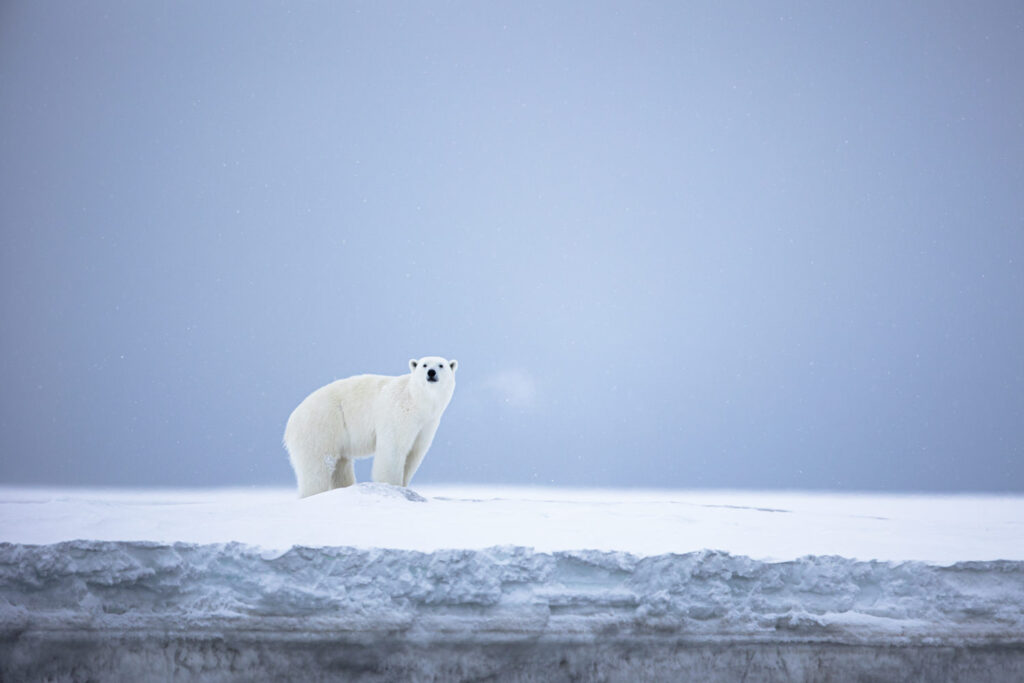
Photographer Ömer Acar on photographing polar bears and swimming in polar water
With a love for spending time in nature, and wanting to photograph wildlife in the arctic circles, Ömer Acar booked a trip to exotic Svalbard through...
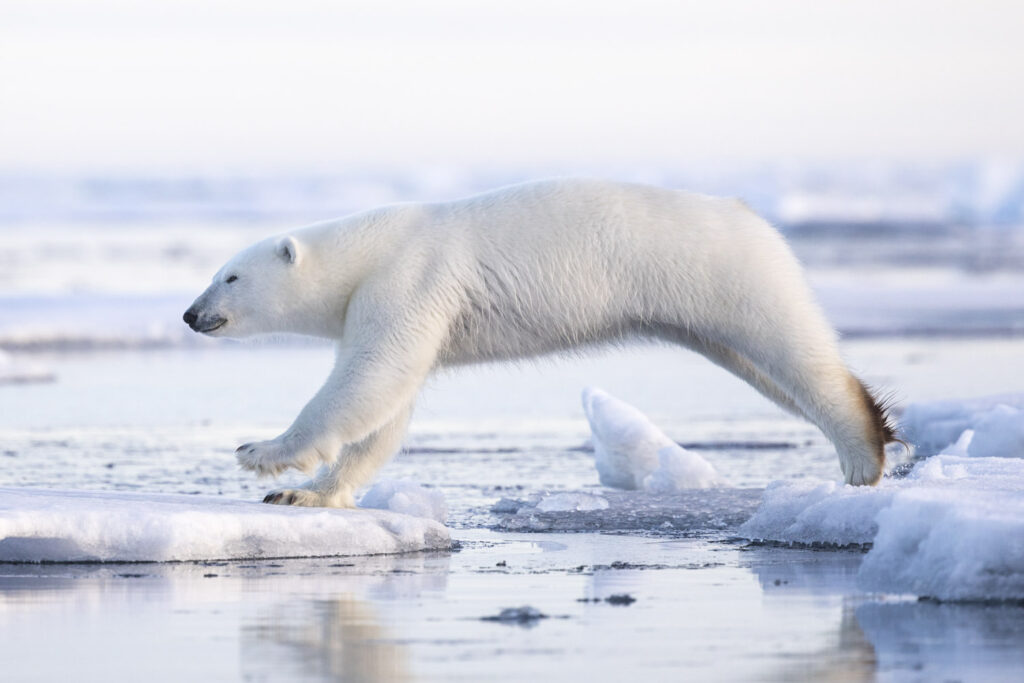
Svalbard Seasons
Svalbard seasons timing We are often asked the questions, “When should I go to Svalbard?” and “When is the best time up there?”. Depending on…
